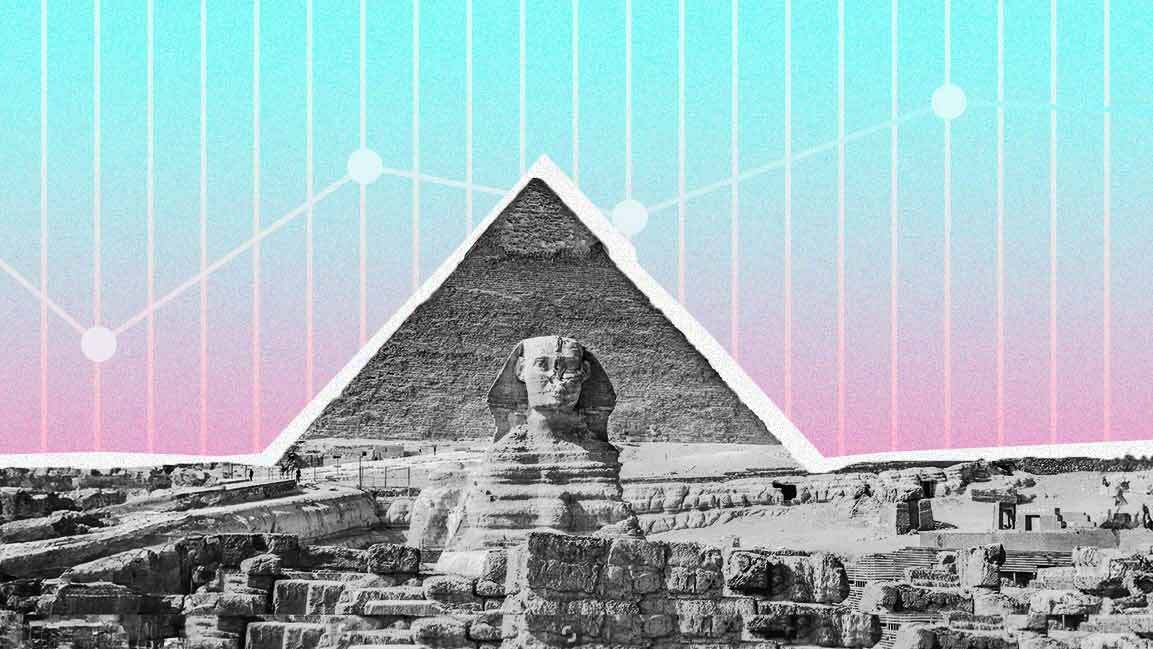- | 12:00 pm
Egypt hopes land sale, IMF deal to improve fiscal health
The government will keep selling state assets to cap national debt at 90% of GDP.

Only a week ago, Egypt allowed the pound to depreciate to nearly 50 pounds against the dollar, down from 30.85 pounds — marking the most recent in a series of devaluations since early 2022 and representing a historic low for the country’s currency. This was a part of the country’s International Monetary Fund (IMF)-led package signed last week.
Egypt announced further significant steps on Sunday as it continues to tackle its mounting budget woes. Finance Minister Mohamed Maait revealed a plan to boost the country’s primary budget surplus above 3.5% in the upcoming fiscal year starting in July.
This strategy hinges on two key elements: the recent sale of development rights for the prime resort area of Ras al-Hikma and a substantial support package secured from the IMF.
Maait highlighted the positive impact of the Ras al-Hikma deal with Abu Dhabi, which fetched a hefty $24 billion. A significant portion of this sum will be injected into the Egyptian pound budget, directly reducing the overall deficit.
The IMF package, finalized last week, promises additional financial stability. It includes $20 billion from the IMF and a $3 billion contribution from the World Bank. This combined inflow is expected to significantly bridge Egypt’s budget gap.
Maait acknowledged the headwinds Egypt faces, including a decline in revenue from the Suez Canal and other sources. Soaring expenditures fueled by currency depreciation and rising interest rates have further strained the budget.
To combat these challenges, the government remains committed to fiscal tightening measures. Maait emphasized continued state asset sales and maintaining the national debt below 90% of GDP.
President Abdel Fattah al-Sisi, buoyed by the recent financial inflows, expressed optimism about implementing a flexible exchange rate system. This shift, he believes, will be possible with the tens of billions secured from the UAE and the IMF.
The president acknowledged the current economic hardships but urged Egyptians to be patient. He emphasized that ongoing infrastructure projects will ultimately generate growth and employment opportunities.
“I never said our difficult circumstances would end in a year or two, not even 10. Countries need up to 75 years to become stable, and we’ve already achieved a miracle,” al-Sisi said.
The Innovation By Design Summit is in Doha on April 24. Attendance at the summit is by invitation only. Delegates can register here to receive their exclusive invite.
































